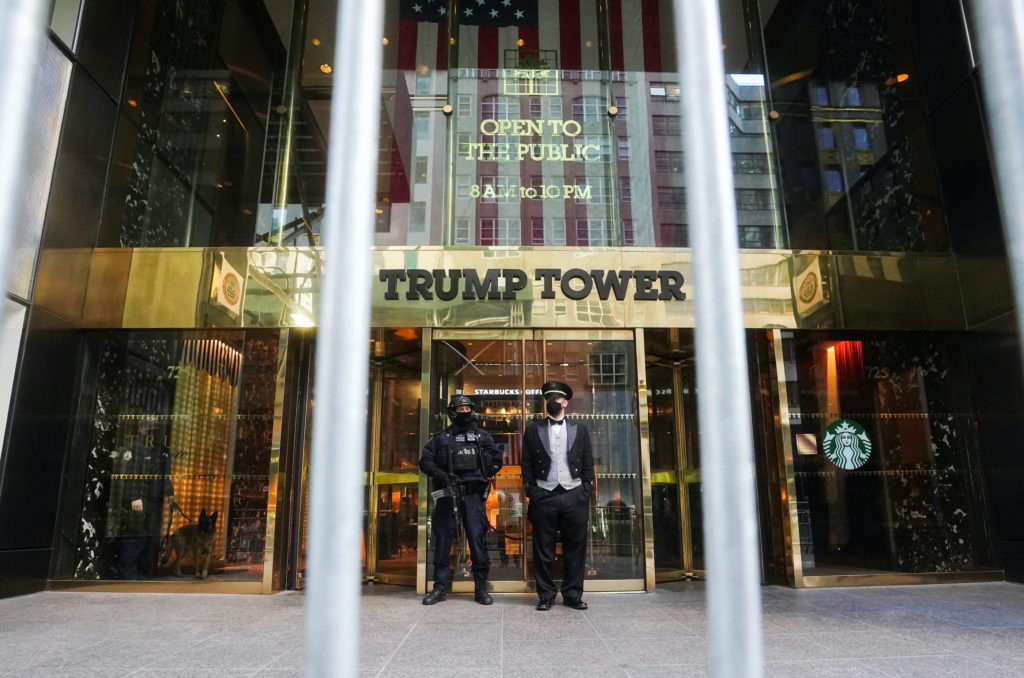Adam Kaufmann:
Well, it’s certainly calling it a criminal tax fraud organization. That’s literally what it has done.
It’s interesting. If you read the indictment, it really spells out the many different ways that the Trump Organization and Mr. Weisselberg orchestrated this tax fraud. It’s not such an unusual indictment.
I know that the sort of sound bites coming out of the Trump camp would say that this is unheard of, unheralded, they have never seen such a thing, charging a corporation. The reality is that, when I was in the — running the Investigation Division, I probably authorized dozens or scores of indictments very similar to this one.
What I see here that is a bit unusual is almost the scope of the fraud and the greed that it represents. So, you have the benefits, the nonpayment — or the payment, rather, of apartment, car, and so forth. But you have lots of different ways that tax fraud were committed.
You also have writing checks to employees from different Trump organizations and cashes those and taking cash back. You have payment of year-end bonuses, and, for some employees, declaring it, and, for other special employees ,not declaring it.
What’s also interesting — and it speaks to the exact intent of tax evasion and tax fraud — is that, internally, the Trump Organization and Mr. Weisselberg as CFO were keeping very careful track to deduct from Mr. Weisselberg’s salary the value of the goods and services that he was receiving and the services he was receiving.
So, internally, they’re keeping track of it, but, externally, when they go to the tax authority, they are not declaring it. So, you really see a clear dichotomy between what is being — it’s almost like the classic two sets of books, which I think is very interesting.













































